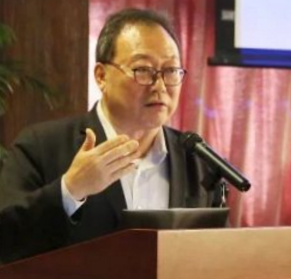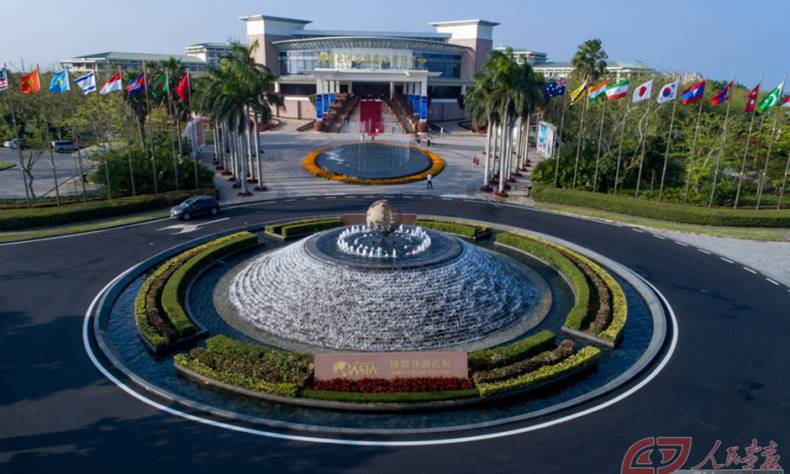
Exclusive: Interview with Experts about the 2018 Boao Forum for Asia
Four new concrete measures have been unveiled to advance reform and opening-up at the Boao Forum for Asia Annual Conference 2018. What do experts think of the measures? What do they signify for reform and opening-up?
The 2018 Boao Forum for Asia has opened in Boao, a town in South China’s island province of Hainan. A high-level forum for leaders from governments, businesses and academia in Asia and other continents, it runs from April 8 to 11, and is themed “An Open and Innovative Asia for a World of Greater Prosperity”.
Chinese President Xi Jinping delivered a keynote speech at the opening ceremony of the forum on April 10th.
2018 marks the 30th anniversary of Hainan province, as well as 40 years since China launched its opening up policies.
Xi Jinping has unveiled four new concrete measures to advance reform and opening-up. These are expanding market access to foreign capital, protecting intellectual property rights, increasing imports, and lowering tariffs.
China Focus has interviewed four experts. What do they think of the measures? What do they signify for reform and opening-up?
China Focus: In the speech, Xi highlighted that China will ease restrictions in the industry of automobiles. China will also significantly lower import tariffs for vehicles. How will these new policies affect the domestic and foreign auto market? Have these been proposed because of pressure from the US side?
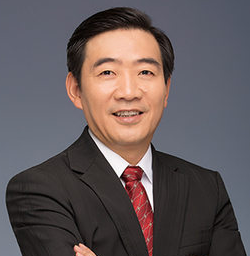 Li San: Chinese government trying to lower the import tariff, of course, is an important issue, especially when this kind of message came from the top leader of the country. Every car maker, every car deliver in the industry should take such kind of message seriously.
Li San: Chinese government trying to lower the import tariff, of course, is an important issue, especially when this kind of message came from the top leader of the country. Every car maker, every car deliver in the industry should take such kind of message seriously.
But more for the customer, this is kind of measurement, this kind of policy change is more important for the customer. And more benefit for the customers is always welcomed in every country in the economy.
The second question concerned in there was a pressure from the US side or not.
I think the car industry as a traditional industry, is not issued over one country or two countries. The whole complex value chain of car industry does not recognize any nationalities. Because you can make up parts from China, parts from Europe, parts from UK, parts from even Africa.
In this connection you cannot walk alone in one nation in the industry.
For me it could be the pressure from leading this special case from the US but the Chinese government knew that exactly we should open our market and competition is always healthy for the industry, especially for the traditional industry more than 130 years, I mean the car industry.
China Focus: In the speech, Xi said that China hopes developed countries will stop imposing restrictions on normal and reasonable trade in high-tech products and relax export controls on such trade with China. Why is China expanding imports? And do you think Xi’s hope that the developed countries will end artificial restrictions on high-tech product trade and release the export control of high-tech products to China is intended as a message to US president Trump?
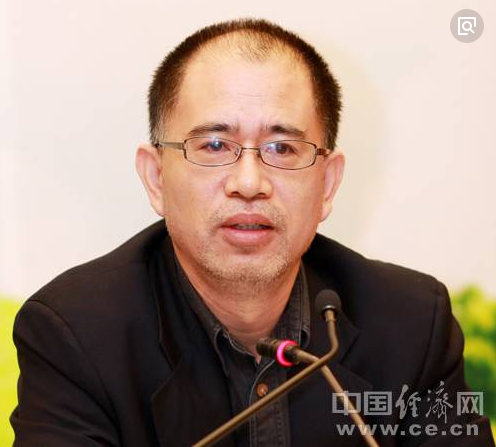 Liu Baocheng: As manifested in the 19th Party Congress, China is speaking in mass tasks to address the gap between the imbalanced and insufficient supply versus rising demand of the Chinese people.
Liu Baocheng: As manifested in the 19th Party Congress, China is speaking in mass tasks to address the gap between the imbalanced and insufficient supply versus rising demand of the Chinese people.
Therefore, to expand imports by bringing technology, management expertise and a whole variety of goods and services from around the world is an effective way to realize China’s strategic development goal, on one side to engage in the supply side reform and on the other to the enrich people’s lifestyle.
Excessive trade surplus does not only increase the tension with the major trading partners but also exert net to the impact on the domestic economy when large accumulated foreign exchange reserves is ill utilized.
As the second largest economy, China is still positioned in a developing stage. It is important for China to step on a critical stage of transformation for innovation and industrial upgradation.
The high-tech imports shall accelerate China’s strategic process. The often accused trade deficit with China by the US administration, to a large extent is due to their export restrictions imposed by themselves for some broad spheres.
Therefore, to control high tech products to China is a ready solution to mitigate the trade gap.
At the Boao Forum, President Xi’s speech sends a very strong message to the world and particularly to the United States that China will never pose a threat to the whole world and China is there to defend the fundamental principle of free trade and we are not there to impose any harsh conditions on trading partners for buying and selling.
By his promise to further open China’s market for foreign trade and investment, he presents a strong and stark contrast to the fueling protectionist sentiment over casting the fragile recovery of the global economy.
In this sense, China is contributing to the world in a very positive and open mindset.
China Focus: According to Xi’s speech, China will strengthen protection of intellectual property rights. How will this affect cooperation between Chinese and foreign enterprises in the future?
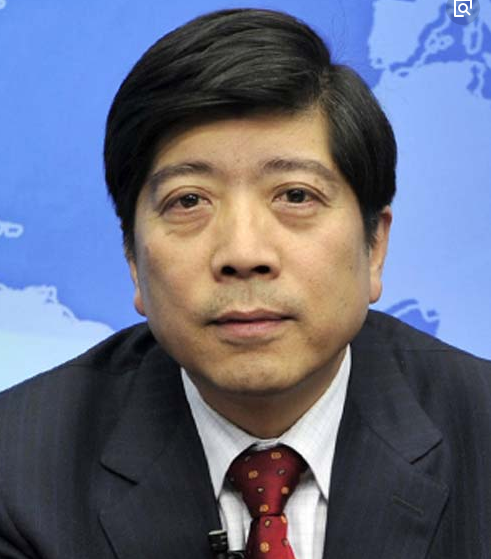 Huo Jianguo: At the Boao Forum, President Xi firmly expressed his attitude (that we will continue to strengthen) how to protect the intellectual property rights. I think it’s a strong signal for the outside world to pay attention to this issue. Because for Chinese intellectual property rights, there always be arguments. And from Chinese side, for many years we have done a lot of work to strengthen the protection of the property rights. And the whole market environment is better improved, but from the foreign countries or from some foreign companies, from their views, they still think we have some room to improve.
Huo Jianguo: At the Boao Forum, President Xi firmly expressed his attitude (that we will continue to strengthen) how to protect the intellectual property rights. I think it’s a strong signal for the outside world to pay attention to this issue. Because for Chinese intellectual property rights, there always be arguments. And from Chinese side, for many years we have done a lot of work to strengthen the protection of the property rights. And the whole market environment is better improved, but from the foreign countries or from some foreign companies, from their views, they still think we have some room to improve.
I think if we can really have some further work on the protection of the intellectual property (rights), it will be good for the market, it will create a fair competition environment. So the result will create a better environment, it will be good for the foreign investors to come to China and also good for the domestic investors and especially for the high-tech companies.
China Focus: Overseas media have assumed that as a result of the Sino-US trade dispute, Xi has proposed the new measures under the pressure from the US side. What is the actual situation?
Li Yong:Because of the trade tension between China and the United States, some people would associate the new policies with the so-called American-aggression but I think this is not true.
For the opening up is the policy of our own initiative that President Xi Jinping has taken since he took office and his announcement today was actually disclosed by Mr. Liu He who attended the Davos Forum early this year.
He has specifically mentioned the new policies would be announced and would be beyond the expectation of the international community.
President Xi Jinping’s announcement today was reconfirmation of that massage and there is nothing to do with whatever pressure associated with the trade tension with the United States.
Interviewer:
Dong Lingyi
Interviewees:
Li Yong, director of the China-US-EU Study Center of China Association of International Trade (CAIT)
Li San,Senior Vice President of Info Internet Agency
Liu Baocheng, professor, University of International Business and Economics
Huo Jianguo, Vice-Chariman of China Society for World Trade Organization Studies
(The experts are listed in no particular order.)
Editor:
Zheng Nan, Cai Hairuo
The interview reflects the views of the experts, not necessarily those of China Focus
 Facebook
Facebook
 Twitter
Twitter
 Linkedin
Linkedin
 Google +
Google +
